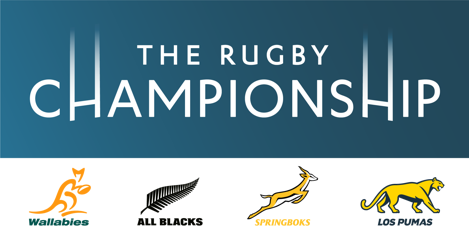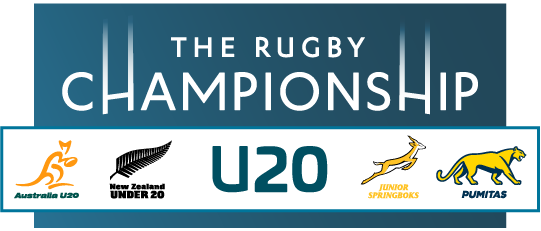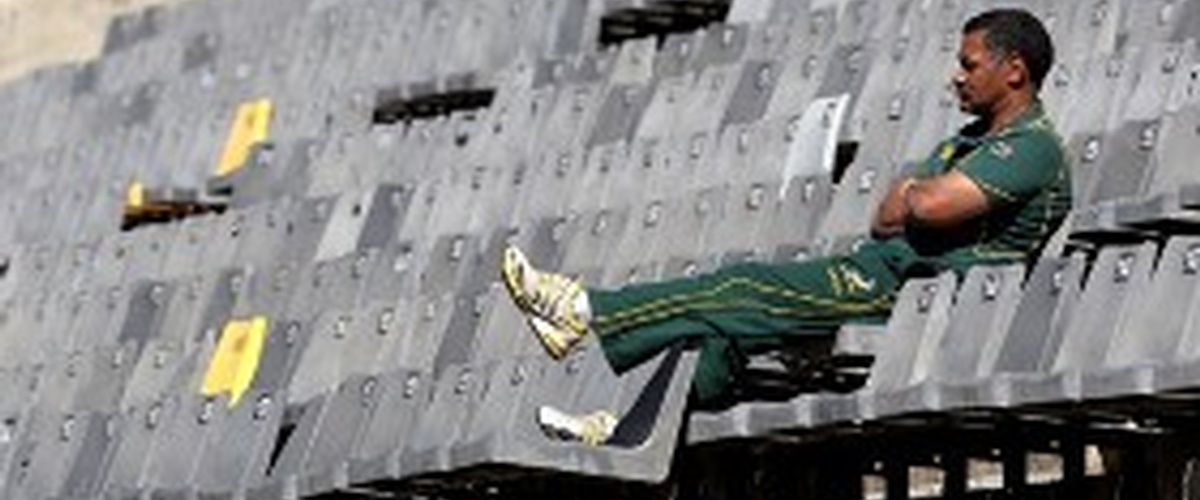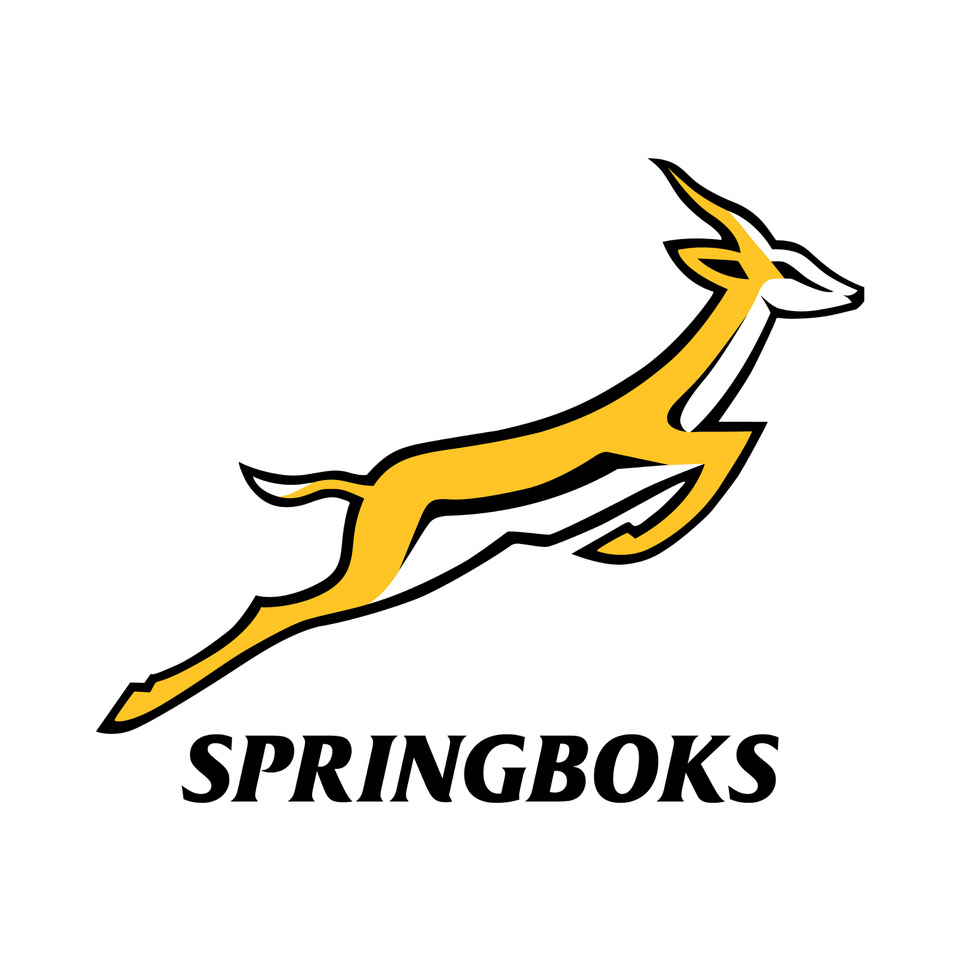In the second of sanzarrugby.com’s three-part series, we take a look at the Springboks, who took part in the Southern Hemisphere’s premier international competition just five years after being readmitted to international competition.
Commencing the Tri-Nations in 1996 if there was to be a favourite (world rankings were not introduced by the International Rugby Board until 2003), it would have been South Africa, entering the inaugural competition as newly crowned World Champions.
The Springboks over the 16-year history of the Tri-Nations have the third best record of the three nations, winning 28 tests, losing 43 while drawing one.
This inconsistency has clearly rankled the proud rugby nation, as since the tournament began, South Africa has seen six coaches come and go, with current boss Peter de Villiers the seventh since 1996 – only Wales as a major test power have equaled this.
Yet when it has all come together the Springboks have been able to proudly toast their status as not only Tri-Nations champions on three occasions, but even in their ‘off’ years they have managed to pull off some remarkable results.
The Tri-Nations has seen South Africa put more points on the All Blacks (46) and Wallabies (61) than any other rugby team in history, while they hold the record for the biggest Test victory over Australia.
But we will look at that a bit later…
Running alongside the Tri-Nations are two trophies, with contests between South Africa and New Zealand (the Freedom Cup) and fixtures featuring South Africa and Australia (the Mandela Challenge Plate).
The Springboks haven’t held the Plate for two years, having won it in 2002, 2005 and 2009. They looked like winning it last season, courtesy of a ‘series-leveling’ 44-31 win in Pretoria (the Wallabies won 30-13 in Brisbane), but despite having all but claimed the third test, a stunning final minute Kurtley Beale conversion in Bloemfontein gave Australia the honours 41-39.
The Freedom Cup was first contested in 2004, with the Springboks winning the one-off fixture, while in 2006 the All Blacks claimed the trophy, but the 21-20 South Africa win in Rustenburg saw it incorrectly presented to captain John Smit (the All Blacks had won the first two tests that year in Wellington and Pretoria).
Overall the Springboks have won the Freedom Cup twice, in 2004 and 2009.
Highest Tri-Nations points scorers
210 – Percy Montgomery (4 tries, 26 conversions, 43 penalties, 3 drop goals)
198 – Morne Steyn (1 try, 17 conversions, 49 penalties, 4 drop goals
94 – Braam van Straaten (five conversions, 28 penalties)
Most tries scored
9 – Jaque Fourie
7 – Breyton Paulse, Bryan Habana
6 – Fourie du Preez, Jean de Villiers, Marius Joubert
First Tri-Nations title - 1998
Despite winning the World Cup in 1995, the following two years were widely considered to be ‘crisis’ campaigns for the Springboks, with only two wins coming from their first eight Tri-Nations Test matches, and among other reasons, were seen as contributing reasons for back-to-back sackings of coaches Andre Markgraaff and Carel du Plessis.
However 1998 would be the ushering of a new dawn for Springbok rugby, as Nick Mallet was appointed coach, and by the time that year’s Tri-Nations tournament commenced, the South Africans had won nine straight Test matches under the former False Bay and Boland Cavaliers mentor.
A tight 14-13 win over the Wallabies in Perth (with the scores tied 8-8 at halftime), opened the Springboks battle for a first title. They then followed this up with a convincing 13-3 win over the All Blacks in Wellington
In Durban, the All Blacks led the Boks 17-5 at halftime, before a stunning second half revival resulted in a 24-23 win for the Springboks.
This was followed by a 29-15 win over the Wallabies in Johannesburg.
Mallett would lead the Springboks to a record 17 consecutive Test match victories, although that record and their maiden Tri-Nations title was bittersweet, as the Republic’s rugby family mourned the loss of World Cup winning coach Kitch Christie, who tragically passed away on April 22, 1998.
Most memorable title - 2009
The year after winning the World Cup in 2007, the Springboks had a solid campaign, winning nine of their 13 Test matches, although they came third in the 2008 Tri-Nations, while that season’s winners – the All Blacks – seemed intent on taking revenge for another failed World Cup tilt in France, winning 13 of their 15 internationals.
However 2009 saw the fabled British and Irish Lions tour South Africa, and a hard fought 2-1 series success saw them suitably battle hardened for the Tri-Nations tournament.
The All Blacks defeated the Wallabies 22-16 to open their title defence, prior to heading off to the Republic for back-to-back Test matches in Bloemfontein and Durban.
Winning the first Test 28-19 was a landmark occasion for John Smit, who equaled Australia’s George Gregan and England’s Will Carling as the most capped Test captain, leading his country 59 times.
The following week saw Smit take the record as the most capped captain of all time (a record he still holds today), but the 31-19 win over the All Blacks saw Morne Steyn enter the history books.
Not only was it the most points scored by an individual in a Tri-Nations Test (eclipsing the mark of 29 set by Andrew Mehrtens in 1999), but was the all-time Test record for most points by a player who was responsible for all of his team's scoring.
The Springboks completed their home leg with a 29-17 win in Cape Town over Australia.
Their away leg saw them smash the Wallabies 32-25 in Perth, with only two tries in the last five minutes to the hosts giving the score line some respectability.
Losing to Australia 21-6 in Brisbane meant that victory over the All Blacks in Hamilton was non-negotiable to claim the title, and the task was made more difficult with the return of star flyhalf Daniel Carter.
Despite scoring two tries a piece, the All Blacks were powerless against the kicking prowess of the Springboks, who won 32-29 – leading to a rare 3-0 sweep of the South African’s greatest rivals.
Francois Steyn kicked three penalties in the opening 40 minutes from his own half, believed to be the first time in history a player had achieved such a feat, while the sniper like boot of Morne Steyn led to him becoming the highest individual point’s scorer in a single Tri-Nations season, scoring 95 points.
The year it all went wrong - 2003
In a World Cup year it is hard not to go past the distinguished statistic that the Springboks have finished third in the Tri-Nations in 1999, 2003, 2007, and again this year (an omen perhaps of a third global title?).
However despite these results, the Springboks have managed to win at least one Test match in every Tri-Nations competition, a feat that the All Blacks and the Wallabies have not managed.
If a year had to be deemed an Annus horribilis it would have been in 2003, when the Springboks recorded their fifth straight ‘wooden spoon’ in the Tri-Nations.
The worst result in that tournament was day after Nelson Mandela’s Birthday, when the All Blacks arrived in Pretoria, and after demolishing the Springboks scrum and running riot via the backs, inflicted upon the South Africans a humiliating 52-16 loss.
Most significant match
In 2008 the Springboks came third in the tournament, but signed off in the best possible manner in Johannesburg despite losing their last three Test matches, including back-to-back losses in the Republic, together with an embarrassing 19-0 shutout by the All Blacks in Newlands.
The Wallabies were looking at recording their first consecutive victories on South African soil in 45 years, but they hadn’t backed on the hosts producing one of the most complete performances in their decorated history.
Wing Jongi Nokwe scored four tries en route to an eight-tries-to-one 53-8 victory, which was the Springboks largest ever win against the Wallabies.
The hammering still didn’t eradicate Australia’s chance to win the Tri-Nations, but with they couldn’t regroup and lost 28-24 to the All Blacks two weeks later in the tournament decider.








